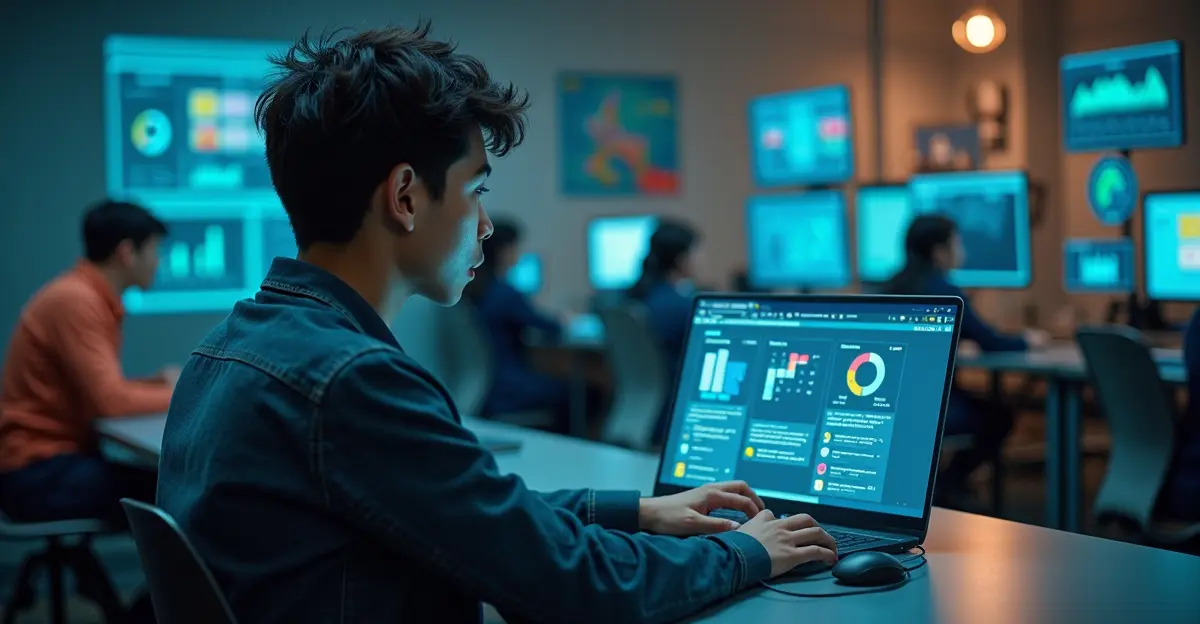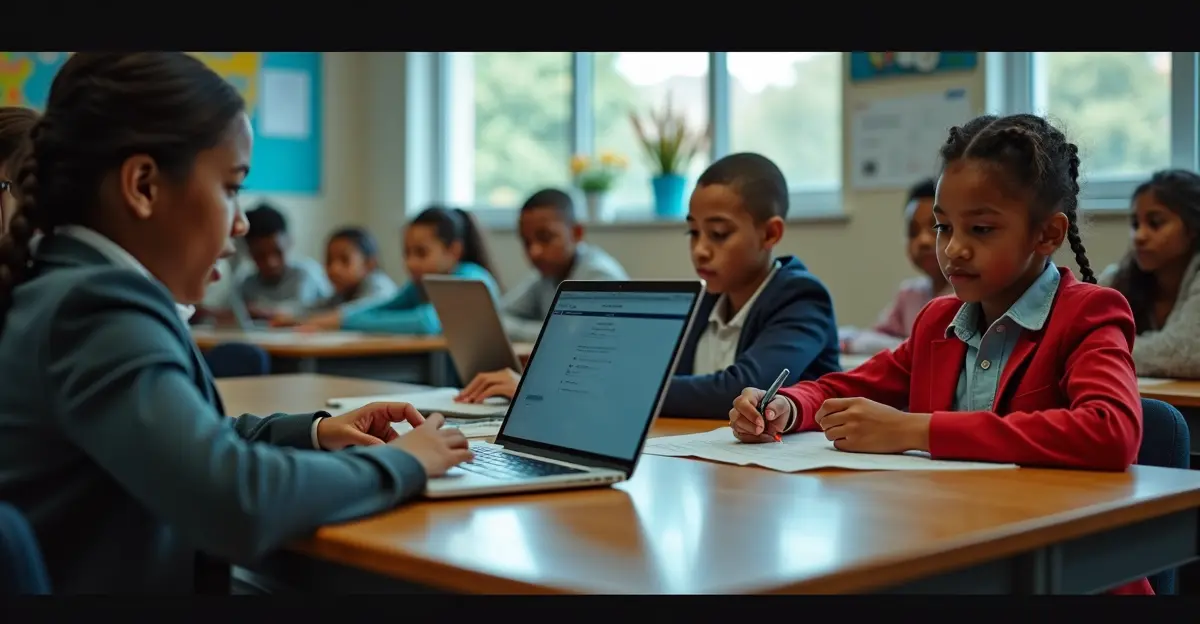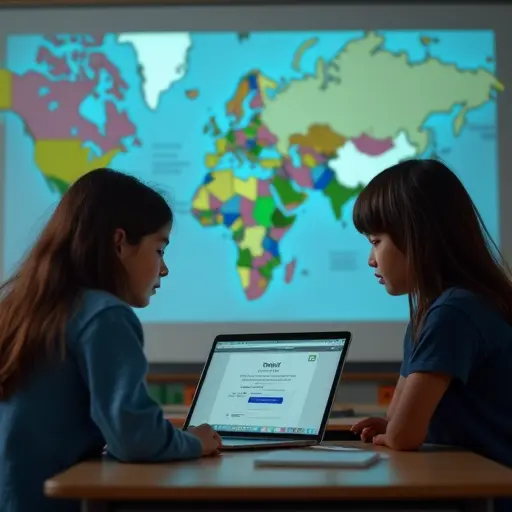AI Revolution Hits Education as Schools Embrace Adaptive Learning Platforms
In classrooms across the nation, a quiet revolution is underway as artificial intelligence transforms traditional education models. Schools are increasingly adopting adaptive learning platforms and AI tutoring bots that provide personalized instruction to students, marking a significant shift in how education is delivered.
The Rise of Adaptive Learning Systems
Adaptive learning platforms (ALPs) are at the forefront of this educational transformation. These systems collect and analyze learner data to dynamically adjust instructional content and pathways, creating personalized learning experiences that traditional classrooms cannot match. 'We're seeing students who previously struggled with math concepts now mastering them through AI-driven personalized pathways,' says Dr. Sarah Chen, an educational technology researcher at Stanford University.
According to a comprehensive review published in Computers and Education: Artificial Intelligence, ALPs use sophisticated algorithms to assess student performance in real-time, adjusting difficulty levels and content presentation based on individual learning patterns. This approach has shown promising results across diverse educational contexts, from elementary mathematics to advanced placement courses.
AI Tutoring Bots Enter Mainstream Classrooms
AI-powered tutoring systems are becoming essential classroom tools that help teachers provide more practice opportunities without increasing their workload. Platforms like Class Companion and Amira Learning are revolutionizing education by offering instant feedback on student writing and reading assignments.
'The immediate feedback from AI tutors has been transformative for my students,' explains Maria Rodriguez, a high school English teacher in Chicago. 'Students who were hesitant to write are now producing multiple drafts because they get instant, constructive feedback that helps them improve.'
Research cited by Education Week shows that AI-assisted tutoring improves student mastery by 4 percentage points in mathematics and helps tutors ask more guiding questions. Early adopters in districts like Santa Fe are implementing AI tutors for math and reading, with Amira Learning recording students' reading and providing tailored feedback.
Accelerating Adoption Rates
The adoption of AI in education is accelerating at an unprecedented pace. Microsoft's 2025 AI in Education Report reveals that 86% of education organizations are now using generative AI – the highest rate of any industry. However, this rapid adoption has created challenges, particularly in training and implementation.
'We're seeing a significant perception gap between school leaders who are enthusiastic about AI adoption and classroom teachers who feel unprepared,' notes educational consultant James Wilson. 'While 86% of organizations use AI, only 24% of educators report receiving adequate training on implementation.'
A recent survey shows that 60% of teachers are using AI technologies for work purposes, but adoption patterns vary significantly by educational level. Early childhood educators use AI for time-saving evidence gathering and creative tools, while high schools are experimenting with subject-specific AI applications.
Benefits and Challenges
The benefits of AI in education are substantial. Teachers report saving hours weekly on administrative tasks, while students benefit from personalized learning pathways that adapt to their individual needs. AI tools are particularly valuable for multilingual learners and students with special educational needs, providing customized support that traditional classrooms struggle to offer.
However, significant challenges remain. Privacy concerns top the list, as adaptive platforms collect extensive student data. 'We must ensure that student data is protected and used ethically,' emphasizes privacy advocate Lisa Thompson. 'Schools need robust data protection policies before implementing these technologies at scale.'
Other concerns include potential biases in AI algorithms, curriculum control by tech companies, and ensuring that AI complements rather than replaces traditional teaching methods. UNESCO emphasizes the importance of maintaining human-centered approaches to education while leveraging AI's capabilities.
The Future of AI in Education
As AI technologies continue to evolve, their role in education is expected to expand. Experts predict that AI fluency will become a workforce imperative, with 66% of education leaders saying they wouldn't hire someone without AI literacy skills according to Microsoft's report.
'We're at the beginning of a fundamental shift in how we think about education,' says Dr. Chen. 'AI isn't replacing teachers – it's empowering them to focus on what humans do best: building relationships, inspiring creativity, and providing emotional support while AI handles personalized instruction and assessment.'
The successful integration of AI in education will require ongoing research, professional development for educators, and careful consideration of ethical implications. As schools continue to adopt these technologies, the educational landscape is poised for transformation that could redefine learning for generations to come.

 Nederlands
Nederlands
 English
English
 Deutsch
Deutsch
 Français
Français
 Español
Español
 Português
Português










